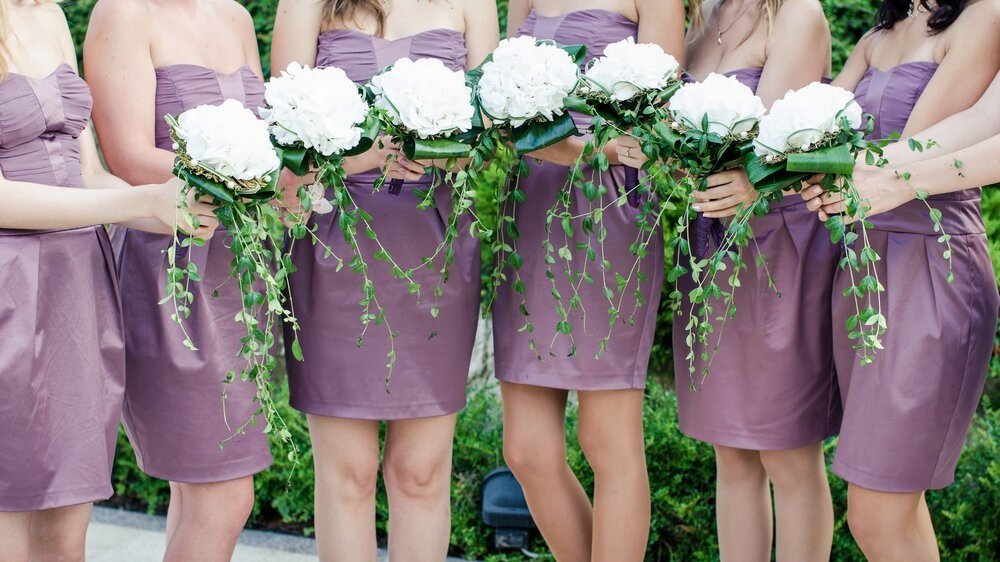
“Mom, Why Don’t You Have Any Black Friends?”
I’m a black woman who talks about race. So, in the past few days, I have received many requests from white people — all women — for resources on how to talk to their white children about race.
I appreciate the sincerity of the request—and I’m also looking hard at fathers who have not asked the same—but my response is more complex than “Here’s a book to read!” I want them to answer this question first: “Mom, why don’t you have any black friends?”
Our nation is still, in many ways, racially segregated. If you are like many white Americans, you likely went to a predominantly white school, had predominantly white friends, attended a predominantly white college, work in a predominantly white workplace, and live in a predominantly white neighborhood, where your children — the ones who you want to talk to about race — also have predominantly white friends and are taught by predominantly white teachers.
What does it lead to? The average white American has 91 white friends and nine friends of color, including just one black friend. Seventy-five percent of white Americans have no friends of color at all. Seventy-five percent.
This didn’t happen by coincidence. These were intentional choices made by legislators, mortgage lenders, school administrators, and company CEOs, but also by your parents and by you. And soon, these will be choices made by your kids. The cycle continues, unabated and unbroken.
When white folks tell me that they’re color-blind and don’t see race, I ask them to do this exercise. If you want to talk to your kids about race, I want you to do the same.
What were the races of your three best friends when you were nine?
When you were 19?
When you were 39?
What about your first boss?
Your last boss?
Your wedding party?
Your first crush?
Your first mentor?
Your favorite high school teacher?
Your dentist?
Your closest neighbor?
What race is your child’s best friend?
What about your child’s favorite author?
Your favorite author?
The star of your favorite movie?
Your doctor?
Your dentist?
The president?
If all the people your children see every day are white like you — all the lawyers, the doctors, the accountants, the celebrities, the musicians, the teachers, the authors, the co-workers, the friends — then what will they think about my black race? What will they think about my black identity? When will they realize that all the evidence in your life shows you don’t believe that my black skin is equal to your own?
I don’t know why you made the choices you did, but I do know that you and some people very close to you made them. They are choices I want you to reckon with. I want you to ask your parents, “Why?” I want you to ask your partner, “Why?” I want you to ask your friends, “Why?” I want you to ask yourself, “Why?”
You may not know all the answers now. But once you learn them, from your own questioning and from the many books that address institutional racism in this nation, you may not like the truth. You may be uncomfortable with it. But no one ever moved from a place of comfort.
Talk to your kids about race. Absolutely do this. But please, talk to your child about your whiteness first before you talk about my blackness. There’s a cycle in this country that needs to be broken. I hope you’re willing to do the work to break it.
Don’t wait to create change.
Whenever you’re ready, I’m here to talk.
I believe in a world where barriers to equity are eliminated, where diversity is championed, where differences matter, and where belonging is how we succeed.
I know you believe in that too.
Get in touch with me and let’s talk about how we can change your world - together.


